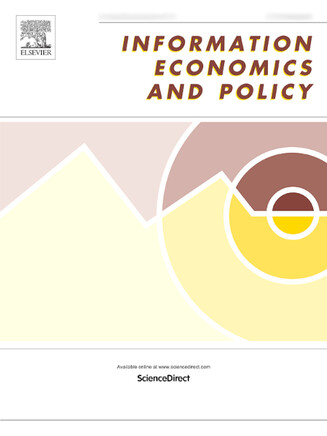TERMS OF USE AND NETWORK SIZE: EVIDENCE FROM ONLINE JOB BOARDS AND CV BANKS IN THE US
ABSTRACT
Data on websites that hosted job boards and CV banks in the U.S. from 2000 to 2011 reveal that websites imposed fewer restrictions (in terms of the duration of use) and lower fees for job searchers relative to employers. This asymmetry in the treatment (or the terms of use) changed as the relative scarcity of job searchers and job vacancies in the labor market in which the websites offered their services changed. Compared with job searchers, employers faced less stringent restrictions and lower fees when job searchers were scarce relative to job openings. These adjustments imply that the value of using an employment website changes with the number of potential users and the probability of finding a quality match. We find that these adjustments were most pronounced for websites that relied exclusively on employers and job searchers for their content (job ads and CVs). Whereas existing literature on the role that network size plays in intermediaries' decision-making has focused on prices, our findings reveal that this focus can overlook other adjustments that affect the terms of use. Given that these adjustments in our context may result in longer periods during which CVs and job ads remain online, our findings suggest that the optimal design of intermediaries must include tools that help users sort through stale information.
Statistics
Journal Citation Indicator
1.12

